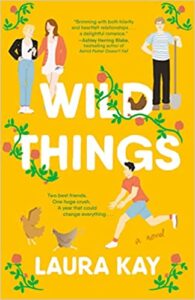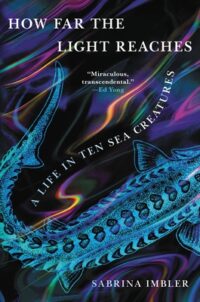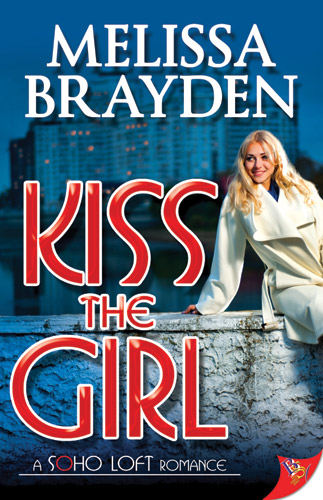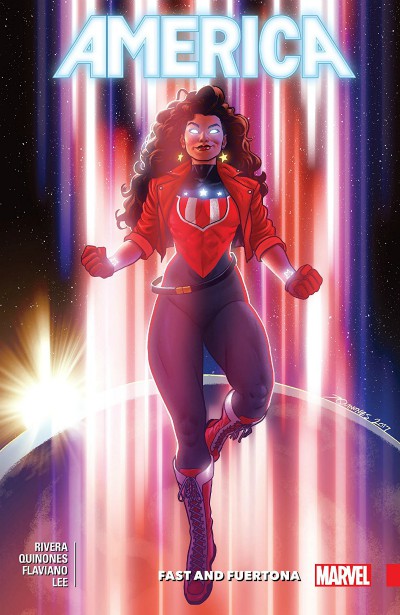Amazon Affiliate Link | Bookshop.org Affiliate Link
Laura Kay could teach a masterclass on the low-key, wholesome, slightly messy queer rom com, as exemplified in her third novel, Wild Things. El is stuck in a rut, both personally and professionally. Still in her dead-end job at a London newspaper, she spends most of the workday making photocopies rather than researching stories, as the job had initially promised. Meanwhile, El’s roommate leaves passive-aggressive notes on the fridge while otherwise disregarding her existence. But worst of all, El harbors a gigantic, unrequited crush on Ray, her best friend of five years and also her coworker.
In an attempt to scoop herself out of said rut, El plots to do one “wild thing” each month for a year. In January, she drinks ten shots of tequila. In February, she gets a butterfly tattoo. In March, El experiments with MDMA. In April, she has a failed threesome. (You get the idea.) But when El, Ray, and their mutual friends Will and Jamie devise a plan to move to a fixer-upper farmhouse in the countryside, El finally begins to feel alive again. The catch: El must regulate her feelings for Ray now that they live (and work) in close proximity 24/7. Will she choose to protect their years-long friendship, or risk it all by spilling her feelings for Ray?
Wild Things is a friends-to-lovers romance, yes, but also a heartwarming exploration of found family. Kay breathes life into the book’s characters, all of whom are flawed and lovable and distinctly themselves. Ray, the effortlessly cool lesbian love interest, is spunky and enters every DIY farmhouse project with infectious enthusiasm. Will is the group’s token straight man, a sensitive soul leaning hard on his friends following a breakup with the woman who was supposed to have escaped to the countryside with him. Jamie is a Thai, biracial gay man who drags his friends to karaoke nights and forges a bond with the commune’s four chickens. It is impossible not to feel the love between this motley crew of friends, who simultaneously lift each other up and call each other out on their bullshit. Even minor characters (El’s queer mentee Rozália, the local townspeople, etc.) feel fully realized and essential to the plot, driving home the notion that family extends far beyond blood relations, that everyone has a place to belong.
Recommended for fans of droll British humor, readers of In at the Deep End and Queenie, and watchers of Fleabag and Feel Good.
Content warnings: absent/distant parents, cheating (not related to main character)




